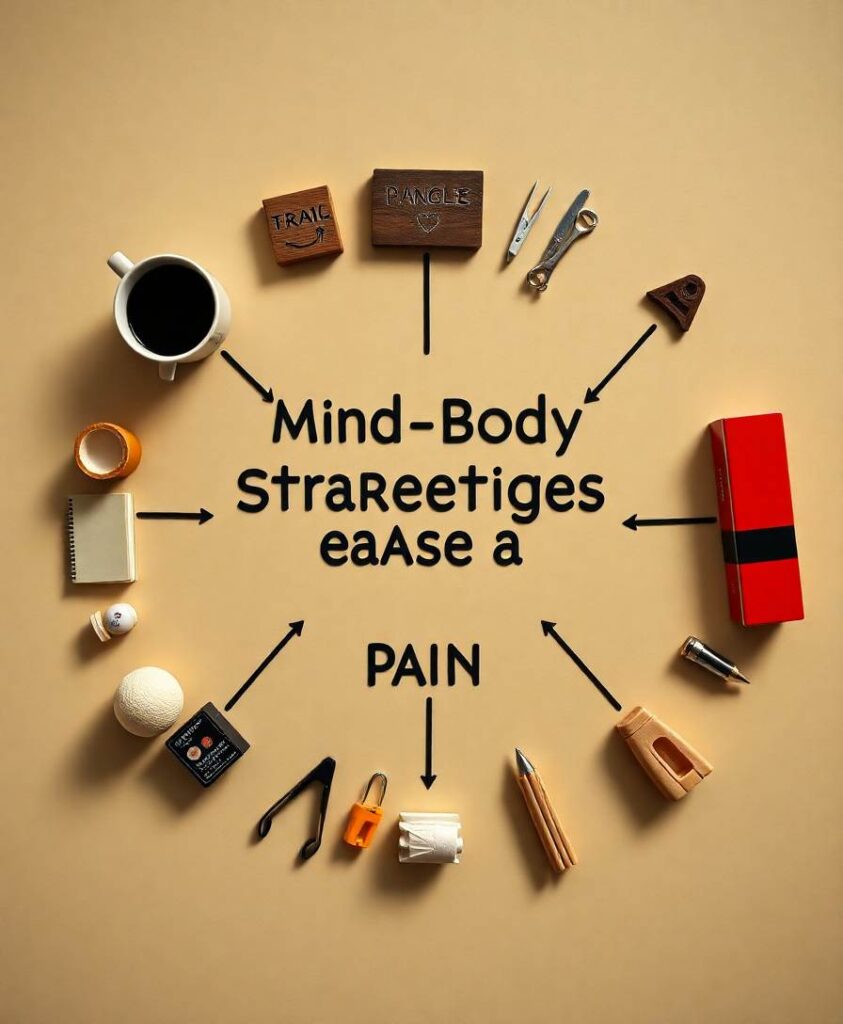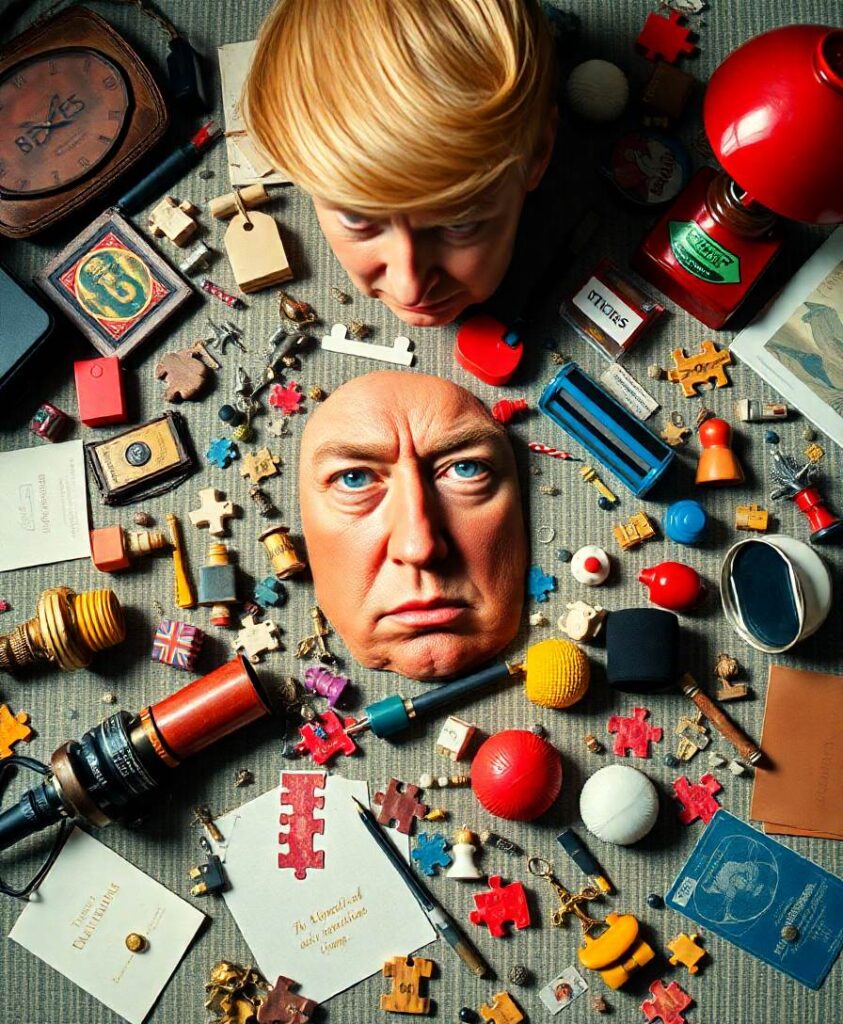But what does this mean for our everyday lives? It suggests that we should question the accuracy of our visual judgments. That innocent-looking piece of cake may appear smaller than it really is, leading us to indulge in more than we intended. On a more serious note, this research could have implications for various fields like design and architecture, where accurate perception of size is crucial.
So why does this happen? The study explains that it’s due to the complex interaction between our eyes and brain. Our visual system relies on certain cues to estimate the size of objects, but these cues can sometimes be misleading. The brain then fills in the gaps based on these cues, resulting in inaccurate judgments.
To find out more about this mind-bending phenomenon and how it can affect our perception of the world, dive into the fascinating research behind it. You’ll never look at things the same way again!
A new study has shown that the human visual system can ‘trick’ the brain into making inaccurate assumptions about the size of objects in the world around them.



